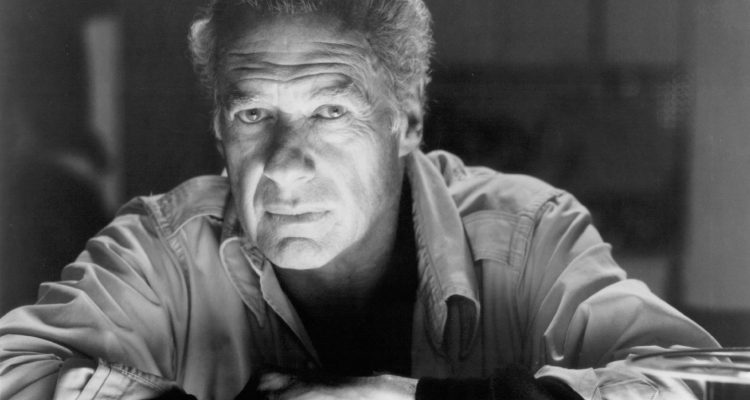 “The Manchurian Candidate” (1962)
“The Manchurian Candidate” (1962)
What better way to tap into the nation’s Cold War anxiety than with a political thriller about communists brainwashing American soldiers? Frankenheimer’s 1962 film follows Frank Sinatra as Major Bennett Marco, a man plagued by constant nightmares involving men of his platoon being killed by their Staff Sergeant Raymond Shaw (Laurence Harvey). After pursuing an investigation, it’s revealed that the troops were brainwashed by communists, with Shaw poised to follow any orders so long as he is shown a Queen of Diamonds. The forever-old Angela Lansbury plays his mother (despite being only three years older than Harvey), a secret commie who hopes to execute a plan allowing her to influence the U.S. President with her ideology. It’s a solid puzzle of a story chugging along with powerful forward momentum; incredibly absorbing even if both Soviet-paranoia and Sinatra-lead films usually find modern audiences uninterested. The 2004 Jonathan Demme-helmed update with Denzel Washington wasn’t badly received, but the original stands head and shoulders above, thanks to its weirder passages: Marco and love interest Eugenie (Janet Leigh) have such an odd conversation about states, railroad lines and old Chinese men that many concocted a “brainwashing theory” over the scene. There’s also the nightmare sequence, in which the soldiers are drugged to think that a presentation by Communists showing off new assassin Shaw is actually an informational meeting about hydrangeas, attended only by older housewives. The reality and dream images are cut together disturbingly, going back and forth in a dissonant, maniacal fashion. It’s pretty ingenious, expertly handled stuff, and you can’t really remake that.
 “Seven Days In May” (1964)
“Seven Days In May” (1964)
They just don’t make ’em like they used to. Save for the occasional, unlikely adult drama like “The Ides Of March” or “The Social Network,” Hollywood doesn’t make pictures like Frankenheimer’s simmering political drama, “Seven Days In May,” anymore. If you want to see an example of a riveting drama wherein people only talk, argue or debate, this is it. Starring Kirk Douglas, Burt Lancaster, Fredric March, Ava Gardner, Martin Balsam and an Oscar-nominated Edmond O’Brien, this simmering pot-boiler focuses on hubris-filled American General Scott (Lancaster), sick to death of the bureaucracy and politicking of Washington. After the President (March) ratifies a disarmament treaty with Russia, the militant and aggressive Scott reaches his breaking point with what he perceives to be the spineless figures in D.C. His aide, Colonel Casey (Douglas), accidentally comes across a strange, secret plan he eventually believes is a military coup to overthrow the government. Torn by his loyalty to his General and his duty to his country, the Colonel makes the heavy decision to inform the President and his aides. Risking his name and career on what could be perceived as a wild claim, Casey then becomes part of a time-ticking group of White House loyalists who try and uncover the treasonous subterfuge. Simple, straightforward, but searingly effective in its depiction of the point when patriotism curdles into fascism, Frankenheimer constructs an urgent, suspenseful time bomb of a picture that is classic filmmaking to a tee.

